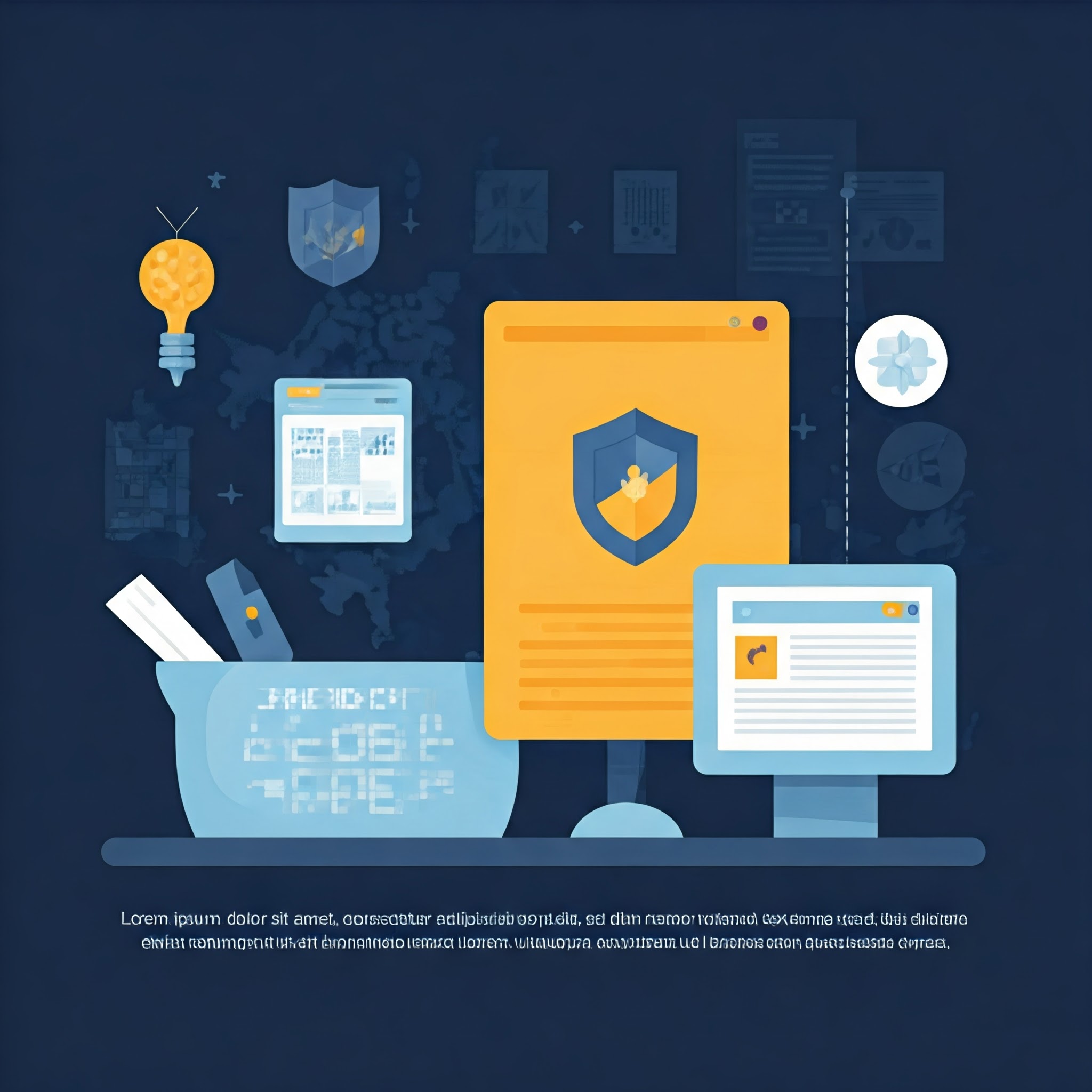
Cybersecurity Tips for Protecting Your Digital Life
Worried about hackers, scams, or losing your personal data? Don't sweat it! Here are the best cybersecurity tips to keep your online world safe.
1. Why Cybersecurity Matters More Than Ever
Imagine leaving your front door wide open in a neighborhood full of burglars. That’s what using the internet without proper security measures looks like. With hackers getting smarter, securing your digital life is no longer optional—it's a must.
2. Strong Passwords: The First Line of Defense
Use a Password Manager
Creating and remembering complex passwords can be a nightmare. A password manager does the heavy lifting, storing and auto-filling secure passwords for every account.
Enable Two-Factor Authentication (2FA)
Even if someone cracks your password, 2FA adds an extra layer of security by requiring a second form of verification, like a code sent to your phone.
3. Ways to Protect Personal Data Online
Personal data is the new currency, and cybercriminals are cashing in. Here’s how to keep your info safe:
- Limit the amount of personal information you share on social media.
- Use secure and encrypted messaging apps.
- Avoid clicking on suspicious links or attachments in emails.
4. How to Speed Up Your Windows 11 PC While Keeping It Secure
Want a faster PC without compromising security? Here’s how:
- Uninstall unnecessary software that slows down performance.
- Use built-in Windows Defender for real-time virus protection.
- Keep your OS and apps updated to patch security vulnerabilities.
5. Tips to Secure Your Smartphone
Best Budget Smartphones of 2025 with Strong Security Features
Not all smartphones are created equal when it comes to security. The best budget smartphones of 2025 come with built-in encryption, secure boot features, and regular software updates.
Enable Automatic Updates
Keeping your smartphone’s software up to date fixes security holes that hackers love to exploit.
Use a VPN on Public Wi-Fi
A VPN encrypts your data, making it unreadable to snoopers on public Wi-Fi.
6. AI Tools to Boost Productivity and Cybersecurity
AI isn’t just for work—it can also keep you safe online. AI-driven password managers, phishing detectors, and privacy-focused assistants can help streamline security without effort.
7. Beginner’s Guide to Using VPNs
A VPN (Virtual Private Network) hides your IP address and encrypts your internet traffic. It's an essential tool for privacy, especially when browsing on unsecured networks.
8. Download Free Apps for Productivity – But Stay Safe!
Free apps can be tempting, but many come with hidden security risks. Only download from trusted sources like Google Play or the App Store, and always check permissions before installing.
9. How to Optimize Your Laptop Battery Life Without Compromising Security
Turn off unnecessary background apps, lower screen brightness, and use battery-saving modes while ensuring your security software runs efficiently.
10. Best Chrome Extensions for Students: Productivity & Privacy Combined
Use extensions that block ads, manage passwords, and enhance privacy while boosting your workflow.
11. SSD vs. HDD: Which Is Better for You in Terms of Security?
SSD drives are faster and more secure than HDDs, as they are less prone to physical damage and data corruption.
12. Photography Tips with a Smartphone – Avoid Metadata Leaks
Turn off geotagging in your camera settings to prevent location leaks in your shared photos.
13. Comparison of Noise-Canceling Headphones – Privacy in Public
High-quality noise-canceling headphones ensure you don’t have to blast your volume in public, reducing the risk of eavesdropping.
14. Tools to Track Your Screen Time & Stay Secure
Monitoring screen time isn’t just for productivity—it helps you identify and eliminate unnecessary apps that may pose security risks.
15. How to Choose a Laptop for Gaming Without Compromising Security
Look for laptops with strong built-in security features, biometric logins, and reliable antivirus protection.